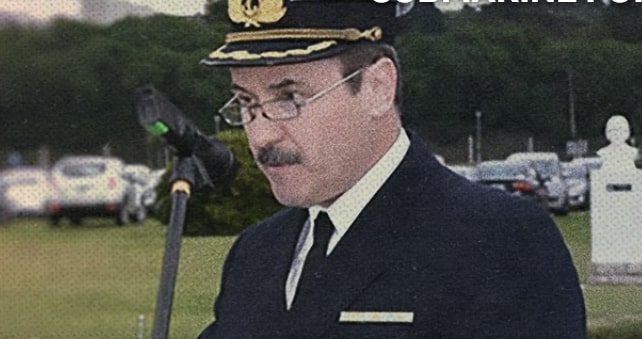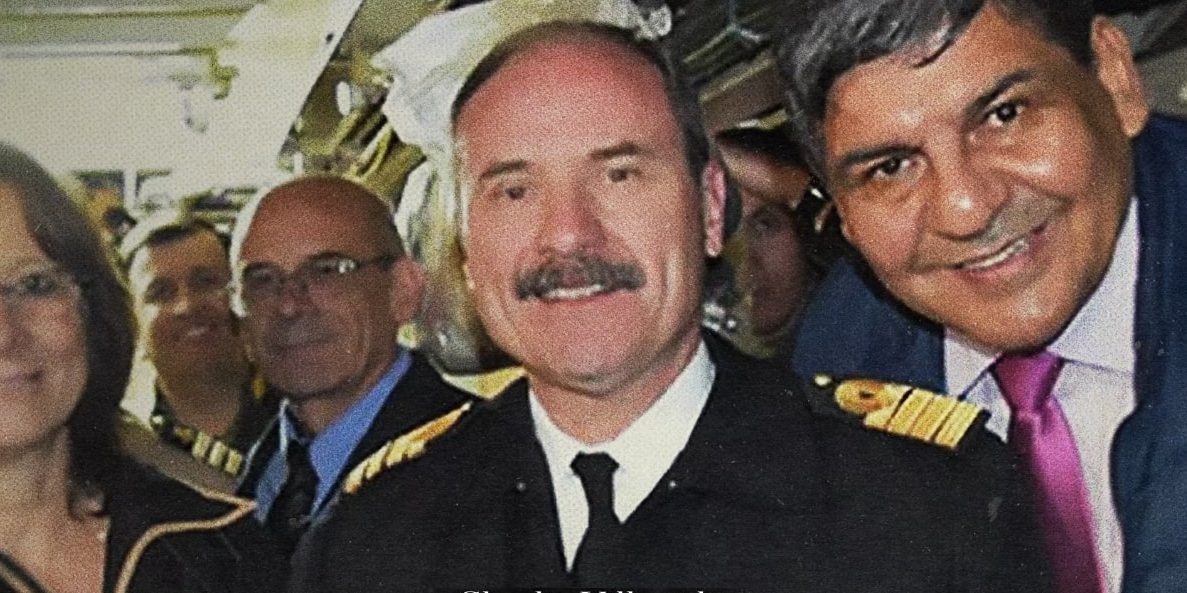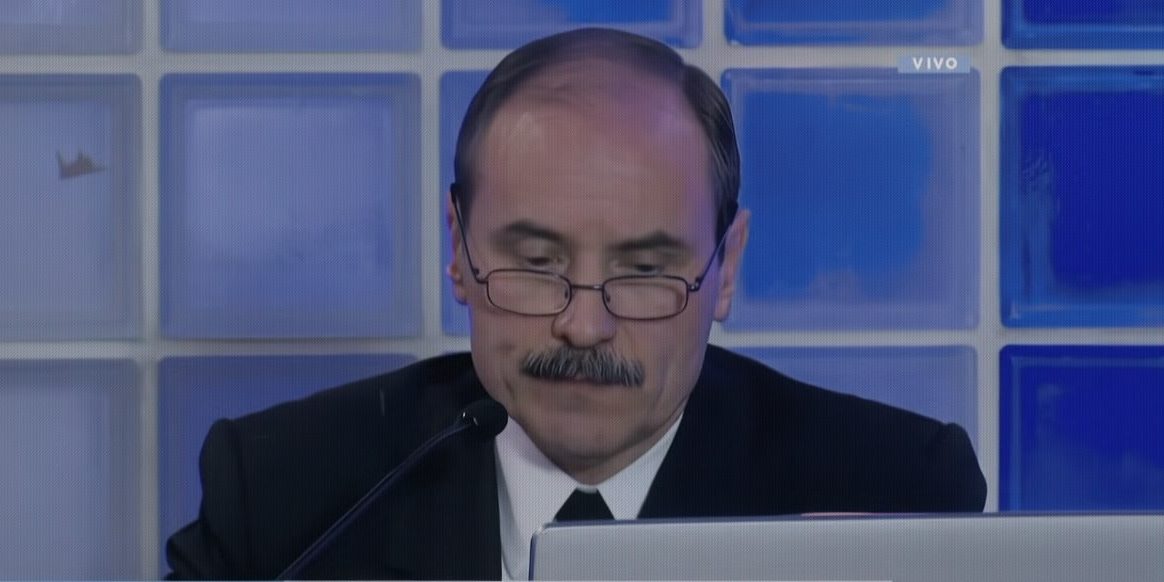In times of national crisis, the imperative of government accountability becomes paramount, as witnessed in Argentina during the tragic incident of the ARA San Juan submarine’s implosion in 2017. The unprecedented nature of this crisis prompted a demand for answers, leading to top naval as well as government officials being called upon. Subsequent investigations were also launched to unravel the complexities surrounding the vessel’s disappearance.
Netflix’s documentary series, ‘ARA San Juan: The Submarine That Disappeared,’ offers a comprehensive narrative of these events during and after the initial November 15, 2017, crisis. It thus even explores the position held by Claudio Villamide, commander of submarine forces, and explores the accusations leveled against him in the wake of the incident, providing a thorough examination of the multifaceted aspects surrounding this national tragedy.
Who is Claudio Villamide?
In 2017, Claudio Villamide was serving as the head and commander of the submarine forces within the Argentine Navy, overseeing critical operations plus personnel. As the leading authority, he actually held the responsibility for the overall functioning of all their underwater forces, with Captain Pedro Fernandez of the ARA San Juan submarine directly reporting to him. In this capacity, he orchestrated and coordinated strategic initiatives, ensuring adherence to safety protocols, and overseeing the day-to-day operations of the submarine fleet. His position demanded a comprehensive understanding of submarine operations, a commitment to national security, and effective leadership.

On the night of November 14, 2017, routine operations were underway for the ARA San Juan submarine, with it adhering to its standard protocol and transmitting a message at 10 p.m. Shortly thereafter, Captain Fernandez sent another communication around 1 a.m., seeking information from the naval base regarding the presence of any nearby ships or resources. Subsequently, at roughly 7:20 am on November 15, the submarine last reported being on the surface, contending with severe weather conditions. Disturbingly, this message also conveyed the occurrence of a short circuit aboard the submarine, accompanied by a fire.
At this point, Villamide received communication from Hugo Miguel Correa, the ex-commander and former head of operations of the Armed Forces. In response, he advised Captain Fernandez to address the fire emergency and expedite the submarine’s return to the naval base. However, apprehensions escalated when, per protocol, no further contact was established with the submarine by 10 p.m. on November 15. Intensifying the concern, radio frequencies were scrutinized, revealing an absence of communication. With mounting worry, the submarine was officially declared missing, prompting the notification of the crew members’ families.
As the Bicameral Commission of Congress’ investigation into the disappearance of the ARA San Juan submarine unfolded a short while later, Villamide found himself under intense scrutiny. He was interrogated about his decision to advise rather than order Captain Fernandez to return to the naval base and faced other challenging questions. Inquiries were raised about the absence of rescue or support ships dispatched to assess the submarine’s situation too, especially after Captain Fernandez had sought information about nearby vessels.
While attempting to justify his actions, Villamide’s defense proved to be less than convincing, especially for those who’d lost a loved one. When questioned about the functioning of the “E19” valve, implicated in the potential water ingress leading to a short circuit, he maintained that the mandatory inspection of the submarine had been conducted 48 hours before its departure, dismissing the possibility of foreseeing a malfunction.
Where is Claudio Villamide Now?

In July 2019, the Bicameral Commission of Congress released a report assigning political and administrative responsibility to several top officials, and it reportedly included Claudio Villamide’s name. In response, he was given the choice to opt for voluntary retirement or face the prospect of compulsory retirement if declined. Thus, of course, je chose to willingly step down from his position.
In 2020, further legal proceedings commenced, implicating Villamide among six high-ranking officers facing charges. Specifically, he was prosecuted for malicious damage due to allegedly disregarding warnings regarding the malfunctioning of the submarine’s instruments. Following an extensive examination by the General War Council, Villamide’s role was scrutinized, leading to his dismissal. The sanction was attributed to “negligence” in his actions “by evidencing a lack of care or neglect of the troops and equipment in his charge.” Since then, Villamide has maintained a low profile, refraining from public statements.


You must be logged in to post a comment.